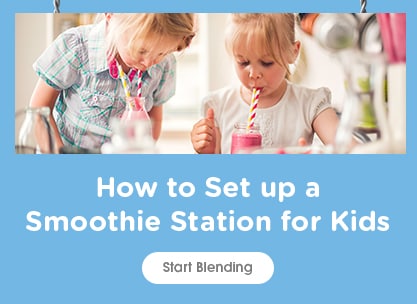Pet Safety
Our pets provide us with solace and comfort, through good times and bad. Those big eyes, that gentle purr, and the unconditional love our cats and dogs offer are a wonderful constant in our lives. We need to return the love by taking care of their safety.
To help protect the health of your furry friends, here are some everyday pet safety tips to follow:
In the Home/General:
- Keep cats indoors.
- Make sure your home’s windows are covered with secure screens so pets don’t fall out.
- If you’re entertaining, make sure your pet has a safe, quiet place to retreat to.
- Check the fit of your pet’s collar often, especially if they’re growing. You should be able to slip two fingers between the collar and the pet’s neck.
Outside the Home:
- Always walk your dog on a leash.
- Never let your dog ride in the bed of a pickup truck, even on a leash.
- As cute as it is, don’t let your dog hang its head out the open car window. Insects or debris could become lodged in their eye, nose or throat.
- Never leave a pet inside a parked car, even with the window cracked open.
- Be mindful of hot asphalt to prevent injury or burns to paws.
Food/Drink:
- Keep medications and supplements out of reach of pets.
- Make sure your pet always has access to plenty of fresh water, especially during hot weather.
- Certain “human foods” can be toxic and potentially deadly to pets, including:
- Chocolate, coffee or other foods that contain caffeine
- Peels of citrus fruits
- Fresh coconut and especially coconut water
- Milk and dairy
- Grapes and raisins
- Nuts (especially macadamia)
- Salt and salty snacks
- Garlic, chives and onions
- Raw or undercooked meat, eggs or bones
- Raw yeast dough
- Alcoholic beverages
You love your pets like family, so treat them like family. Follow these common-sense guidelines—and make sure to get in plenty of healthy pet snuggles, too!
NOTE: The list above is not comprehensive; check with the ASPCA or your vet before feeding any new human foods to your pet.




